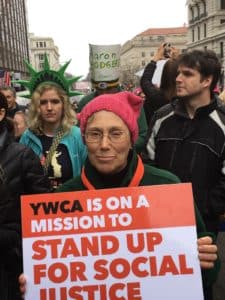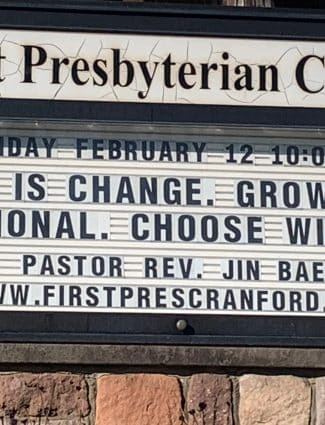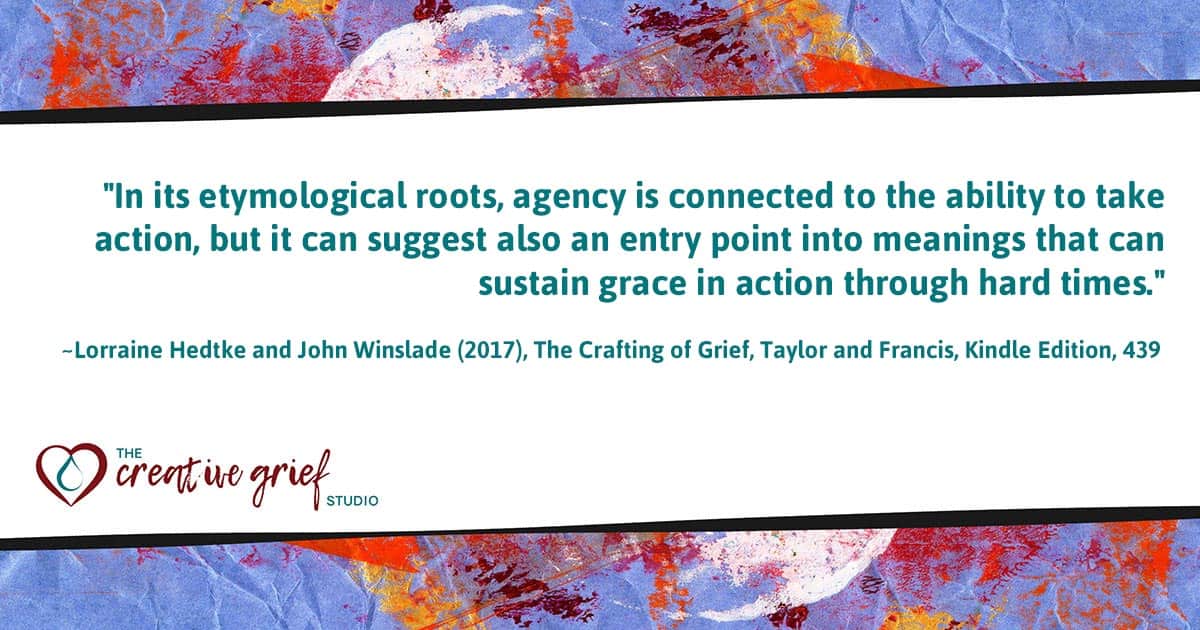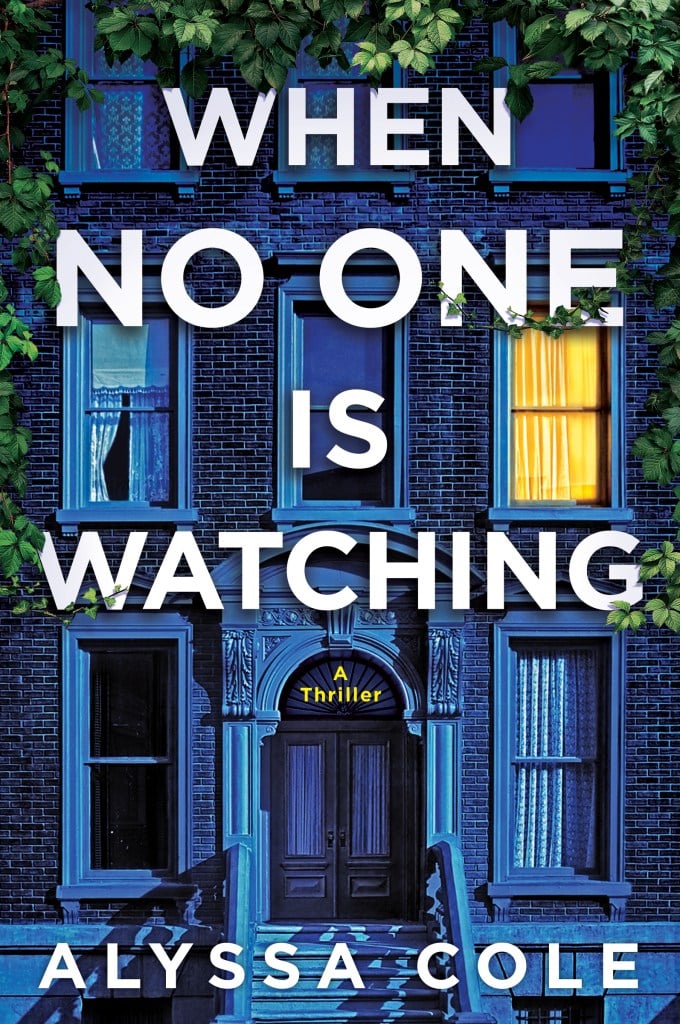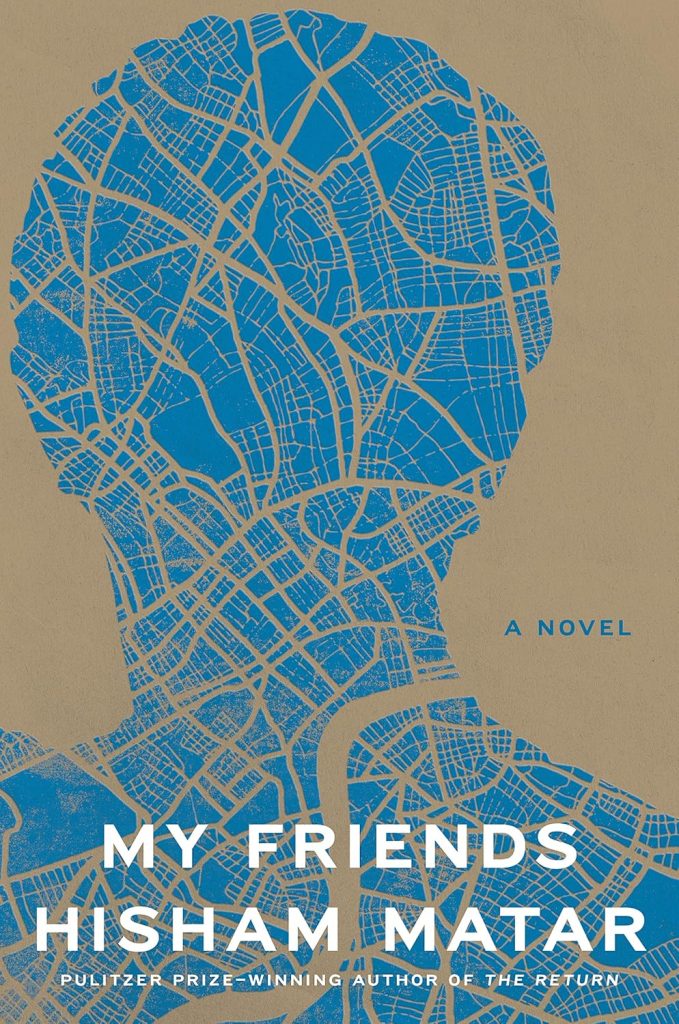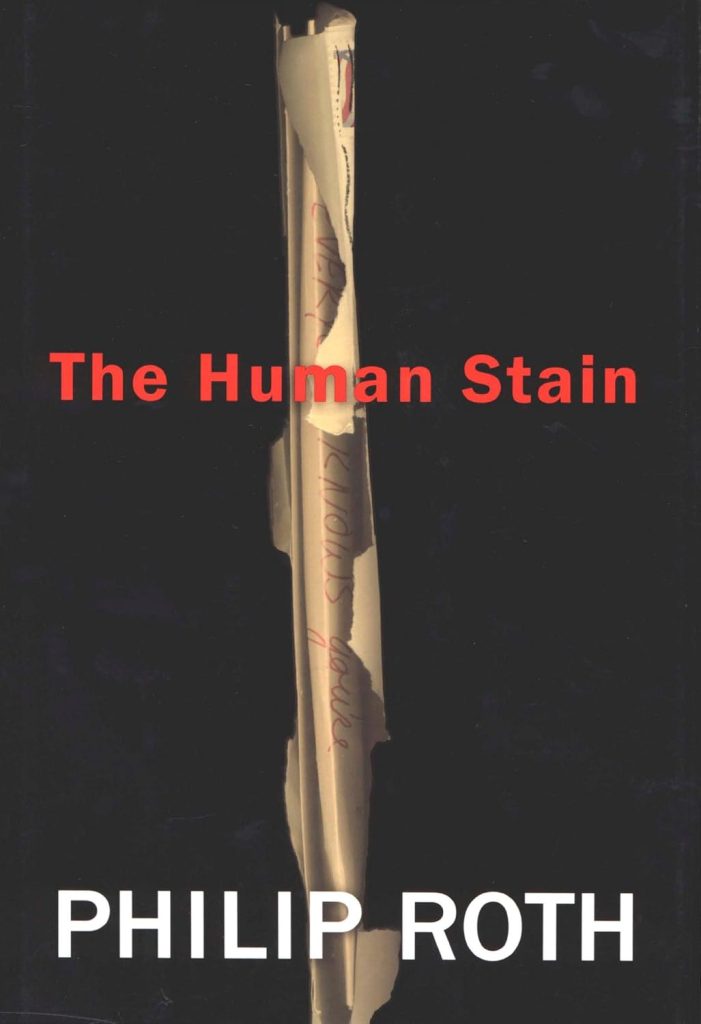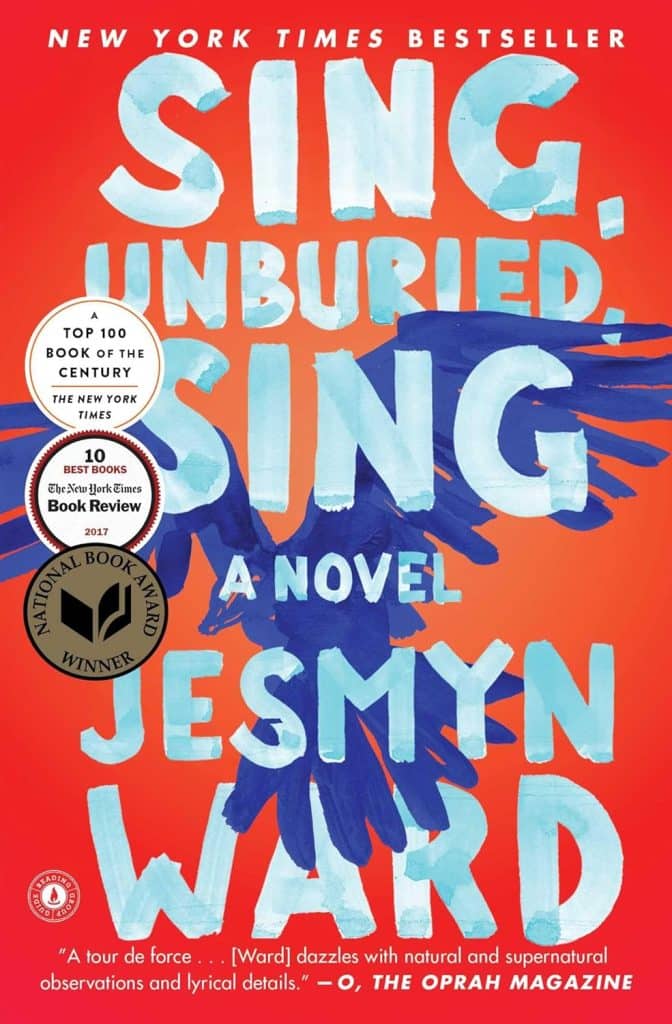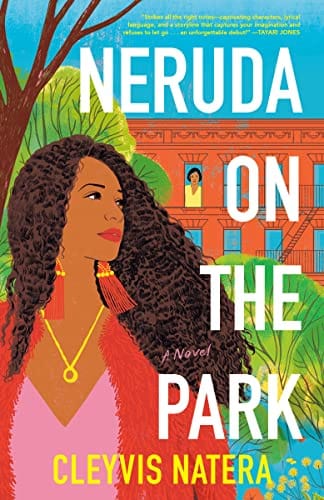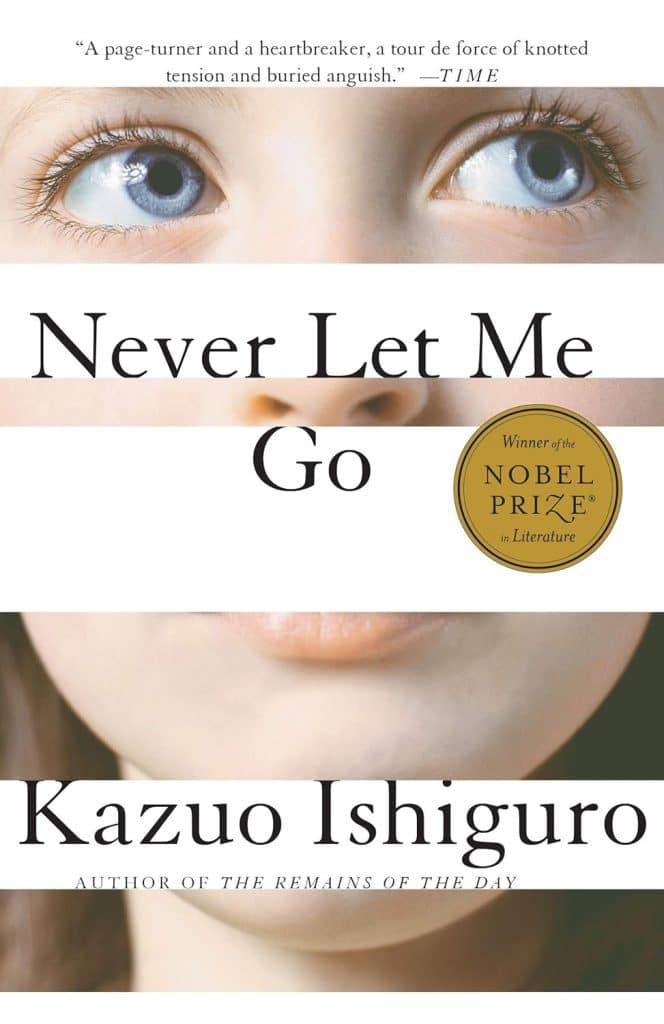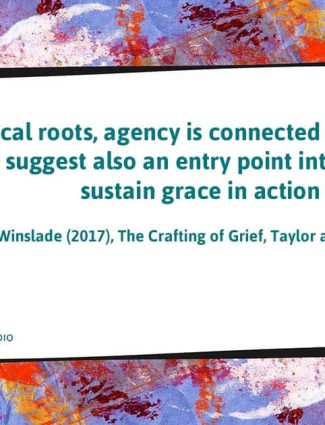
Despite Grief, I Can Shape My Future
Without Jan, My Agency Helps Me Live Fully
Estimated reading time: 2 minutes, 6 secondsI woke up this morning feeling lethargic.
Despite my lack of energy and wet snow falling from the sky, I knew if I did not walk, I would not only lose my streak but feel worse later in the day.
I was meandering from one room to another in Apt. 3B, I decided to do my primary walk inside for the first time in over a year.
Walking in the hallways is not the same as walking in nature. But I did, and I finished four miles and burned over 400 calories.
Today’s perambulation reminded me of the definition of agency, which is to control our actions and their consequences on our lives.
My exercise was less than optimal, but I must live with my decision.
When Jan was alive, we shared decision-making.
In the early days of my grief journey, I found it effortless to avoid choices as I convinced myself the outcomes might be more than I could manage.
Accepting that there were many things I could not change, I accepted Victor Frankl the essential truth that Victor Frankl wrote about in Man’s Search for Meaning,
When we are no longer able to change a situation, we are challenged to change ourselves.
What should I make for dinner? How can I fill my time? Among others, the time I spent debating what to do seemed silly in retrospect. However, at the time, every decision or non-decision would be an earthquake that would destroy my life.
Once I decided to focus on Jan’s Memorial Garden, walk daily, read more, and write about and share our love, I grew around my grief.
In time, I accepted that grief had been an outstanding teacher, and I have learned to live life fully.
By living fully, I know I am not only doing what Jan wanted me to do, but if we were to meet now, she would see someone she could love, not someone so drained by a loss that they are an empty shell.
The Jan Lilien Education Fund sponsors ongoing sustainability and environmental awareness programs. Gifts made this month; I will match dollar-for-dollar. All donations are tax-deductible.
I receive a commission when you buy a book or product using a link on this page. Thank you for supporting Sharing Jan’s Love blog.


